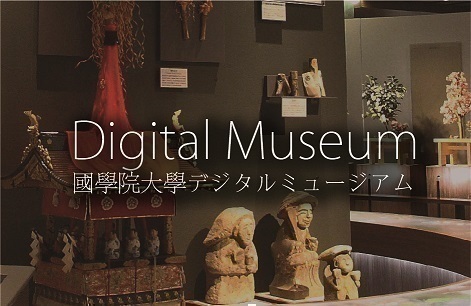- トップ
- Encyclopedia of Shinto
- Deguchi Onisaburō
Encyclopedia of Shinto
| Main Menu: | |
| Links: |
詳細表示 (Complete Article)
| カテゴリー1: | 8. Schools, Groups, and Personalities |
|---|---|
| カテゴリー2: | Personalities |
| Title | Deguchi Onisaburō |
| Text | (1871-1948) Systematizer and co-founder of the new religion Ōmoto. Known within the group as Seishi (Holy Teacher), he was born July 12, 1871, in Anao village in the Kuwata district of Tanba Province (present-day Kyoto Prefecture), as the eldest son of Ueda Kichimatsu and his wife Yone. As a boy, Deguchi learned of the study of kotodama (the mystical "spirit power of word") from his grandmother, and as a youth, he studied National Learning (kokugaku) and poetry under Okada Korehira. His father died in 1898, and when the death was said to be due to a curse by the malevolent deity Konjin, Deguchi came to have an interest in religion. The next year, he conducted one week of religious austerities at nearby Mount Takakuma and experienced a state of divine-human union. He also received authorization to conduct spiritualist practices within the religious confraternity Inari Kōsha, founded by Nagasawa Katsutate (see also Inari shinkō). In October of the same year year (1899), he first met Deguchi Nao, and in 1900, he and Nao jointly established the Kinmei Reigakukai (Golden Light Spirit Study Association). He then engaged in proselytization for the organization while interpreting Nao's Fudesaki (Tip of the Writing Brush, a collection of Nao's automatic writing). In 1916 the name of the group was changed to Kōdo Ōmoto (Imperial Way Great Origin), and it gradually grew into a nationwide organization. In the so-called First Ōmoto Incident (1921), Onisaburō was arrested and in his first trial found guilty of lese majesté and violation of the Newspaper Law. Beginning that same year, he commenced the oral transmission of his Reikai monogatari (Tales of the Spirit World). He also planned internationalization of the group and had exchanges with other groups like the Chinese Tao Yuan, the World Red Swastika Society, and Bahá'í. In 1935 he was arrested again in the Second Ōmoto Incident and the group was completely suppressed. The lower court decision found him guilty, but he was freed to resume religious activities in the postwar era. He died on January 19, 1948, at the age of seventy-eight. His writings are numerous and include the 81-volume Reikai monogatari. - Inoue Nobutaka |




